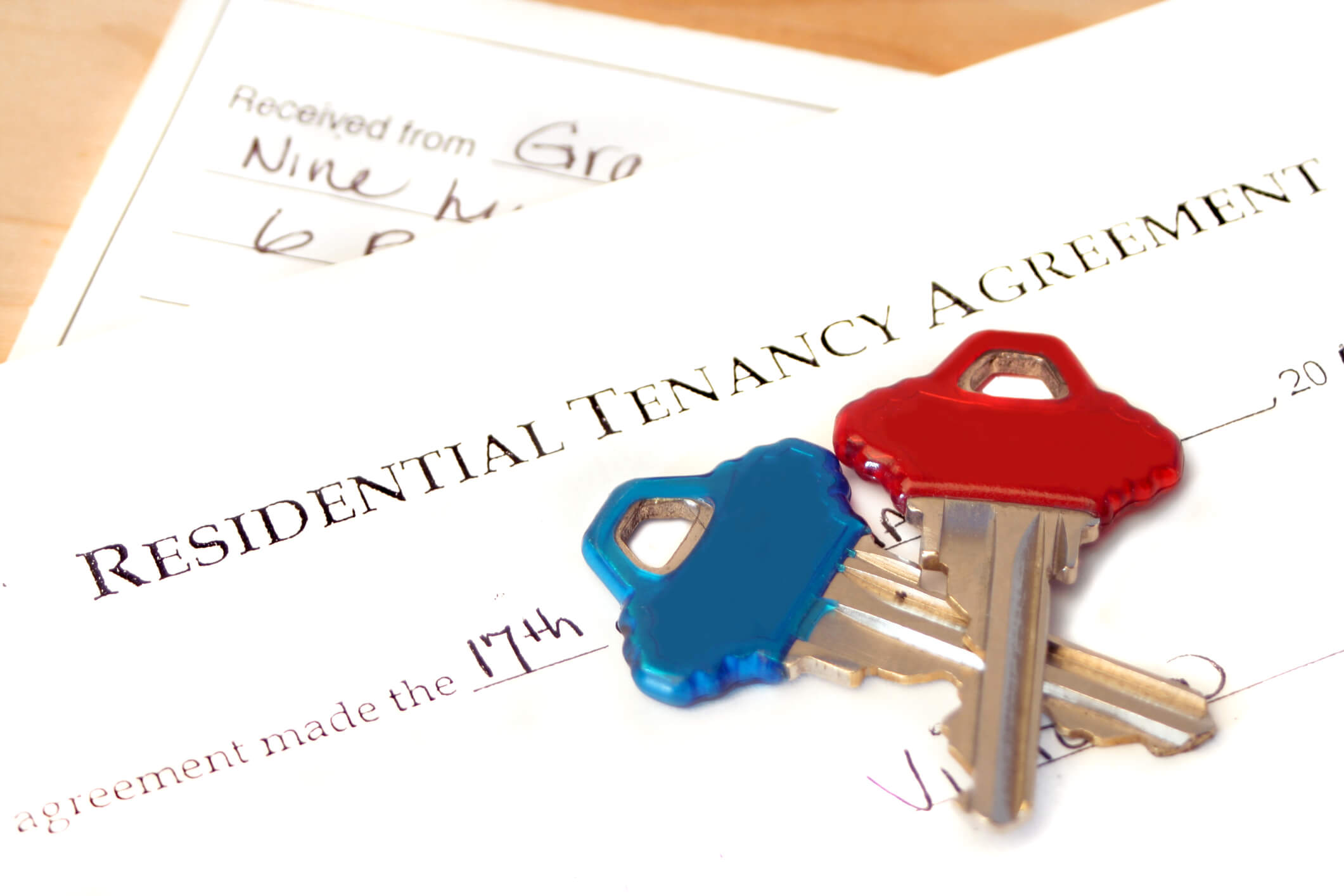There are many reasons you may have chosen to become a landlord. You may be looking to build your investment portfolio, save up for retirement, or simply enjoy the relationships you get to build with tenants and even vendors. Whatever the motivation, no landlord is exempt from the responsibilities of ownership and providing a safe and peaceful home for their renters. First-timers, seasoned professionals and everywhere in between should all maintain a working knowledge of the local laws governing landlordship. To get you started, here are some of the main areas you will be liable for and some important resources you’ll want to keep in your back pocket for when you have questions.
Moves: In and Out
The act of moving tenants in and out of your property is often the most work-intensive part of your job as a landlord. Whenever the agreed move-in date is, that is when you are responsible for having the place ready. Furthermore, inspection reports must be completed and copies provided to the tenant as soon as possible. Written rental agreements must also be given to the tenant. In sum, make sure the unit and the paperwork are prepared well in advance as well as copies made to distribute to your new tenant.
Security Deposits
Security deposits, also known as damage deposits, cannot exceed one month’s rent. While it may be tempting to bump up the deposit, remember that your maximum is the amount you’re charging monthly at the start of the tenancy. This money must be stored in an interest-bearing trust account within two banking days of it being collected. The interest collected in this account can either be paid to the tenant at the end of each tenancy year or compounded annually and paid at the end of the tenancy. Whichever you decide must be agreed upon in writing.
Maintaining a Habitable Home
Once the keys have been handed over, your responsibilities as a landlord are far from over. The core of your obligation is to not disturb the renter’s peaceful enjoyment of the unit and to ensure that said unit is habitable. This translates to things like not bothering the tenant beyond what is necessary, ensuring proper heating, working locks, etc. The property must meet the standards set out by the following legislation:
Legal Entry
One question we often get asked about is when it is legal to enter the rental premises. You may enter at any time as long as you’ve obtained verbal or written consent. In this case, no notice is required. Proper written notice of at least 24 hours can be used in place of the tenant’s permission. This could happen in the case where a landlord needs entry to perform repairs, control pests, or a number of other scenarios where they require access. Extenuating circumstances such as an emergency or plausible reason to believe the tenant has abandoned the unit are the only acceptable cases where a landlord could enter without permission or notice.
Enforcing Evictions
Evictions can be messy affairs fraught with legal consequences. If this is something you are considering, you must be sure that you know your rights and are only enforcing an eviction as a last resort. In situations where a tenant assaults or threatens yourself or another tenant, or causes significant damage to the premises, you may provide them with a 24-hour eviction notice in writing. This document must include the reason for eviction, the date and time the tenancy is set to end, and your or your agent’s signature. In cases where there are no threats but the renter has significantly breached the residential tenancy agreement, you may apply to the Residential Tenancy Dispute Resolution Service, or RTDRS, to have the courts end the tenancy immediately or grant you the ability to give the renter a 14-day eviction notice.
In the Case of a Dispute
If your tenant feels that you are not fulfilling your obligations as a landlord, they may also file a dispute with the RTDRS. Tenants may apply to be financially compensated, have their tenancy ended without penalty, or a number or other types of settlement. To avoid this, take advantage of the resources we’ve linked to above, as well as the RTA Handbook put out by the Government of Alberta. This handbook does a great job of breaking down your obligations as well as specific scenarios you may come across during your time as a landlord.
To ensure all your bases are covered, invest in an experienced property management company. At GIL Property Management, we pride ourselves on being able to keep your investment running smoothly and above board through extensive legal knowledge. Reach out to us today to find out how we can support you as a landlord!


